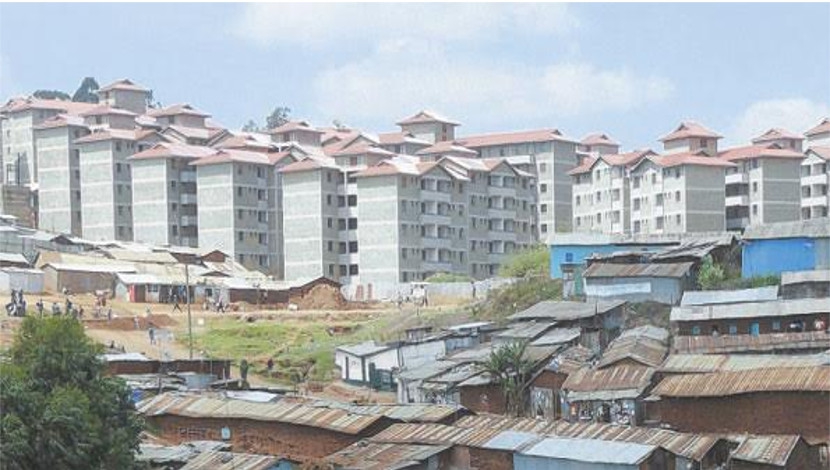

India houses the largest proportion of the global poor with no access to adequate housing and electricity.
In response to the housing crisis in India, the country’s government set a five-year target of providing 40-million homes for the poor. Realistically, this means that an estimate of about 20,000 homes would have to be constructed daily.
billionBricks, a non-profit design studio has developed an emergency housing concept that promises to transform the regular government-funded housing scheme, which is often a long process. Their concept powerHYDE aims to reduce dependency on government support by empowering communities to replicate solutions on their own.
The mere provision of a house is not sustainable because a family faces the additional burden of basic needs such as electricity and water, which they may not be able to afford.
Custom designed for the rural poor, powerHYDE ensures that when these modular homes are built, basic needs are met. The structures produce four times the amount of energy needed to function. For example, each structure also collects 100% of its rainwater, cleans its own waste, and grows its own food.
This additional energy does not go to waste, instead, poor families generate additional income by selling energy to power other communal facilities. A cluster of 170 powerHYDE homes is capable of generating 1MW of energy, meaning that communities are able to form their own mini-plants and gain independence.
Since powerHYDE homes can be developed in stages, expansion is also possible and easy to do since the materials are prefabricated and quick to assemble.
Made from environmentally friendly materials, this billionBricks architecture solution allows homeless citizens to be able to afford their own property while contributing to an environmentally sustainable planet.
According to the billionBricks, the modular solution will be available soon.




